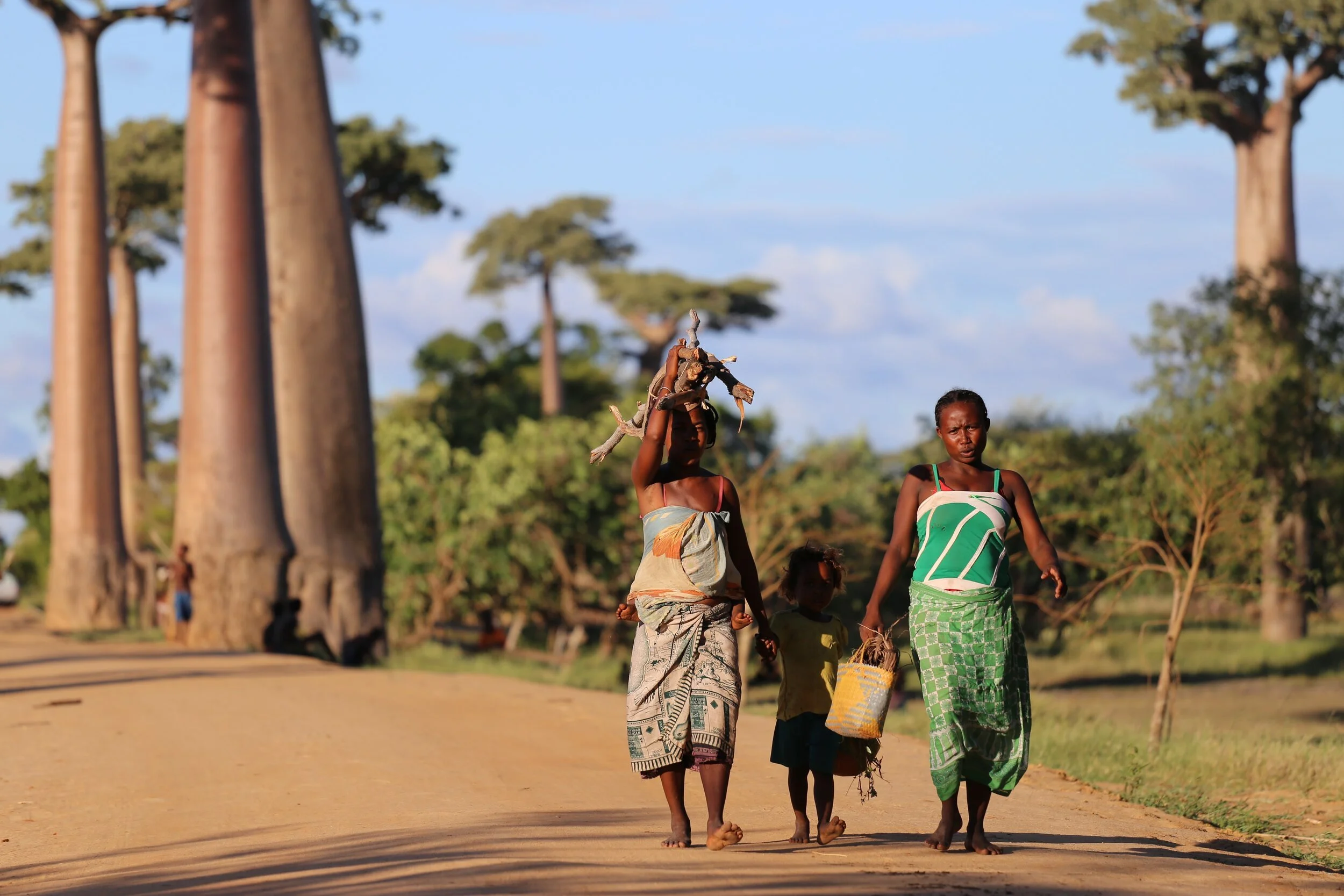Vaccine Nationalism--and What illuminAid Is Doing about It
As COVID-19 vaccine production begins to ramp up, many are left wondering about the global distribution of the vaccine. We are now facing what is being called vaccine nationalism, where developed countries are contracting to reserve large quantities of vaccines from different producers. In some cases, there are more vaccines being reserved than there are people in the country (such as Canada, Australia, and the UK) while many countries (like Kenya and Bangladesh) will only have enough vaccines for five percent of their population.
If that seems unfair...it’s because it is.
Hoarding isPeople living in less-developed nations have just as much right to the vaccine as those in first-world nations.
Fornatuely, compassion exists in programs like COVAX, started to help countries get cheaper access to vaccines ahead of the currently estimated year-long wait time for the vaccine. A year long wait for the vaccine could mean another year of lockdowns across the entire African continent and countries all over the world, damaging their economies, impacting education, and further slowing their development.
Alongside programs like COVAX, our work at illuminAid will become all the more important in the future as populations that remain largely unvaccinated will need access to information about how to prevent the spread of COVID-19. Video has the ability to demonstrate critical behavior changes around COVID-19 prevention, so we are actively partnering with organizations working to reduce the spread in rural communities. In 2021, we will largely be focusing our prevention projects and awareness messaging through video.
Read more about global vaccine distribution and more at the links below:
Vaccine access for developing countries
Vaccine nationalism and unfair access
Tracking vaccine distribution and the advantage of wealthier countries

